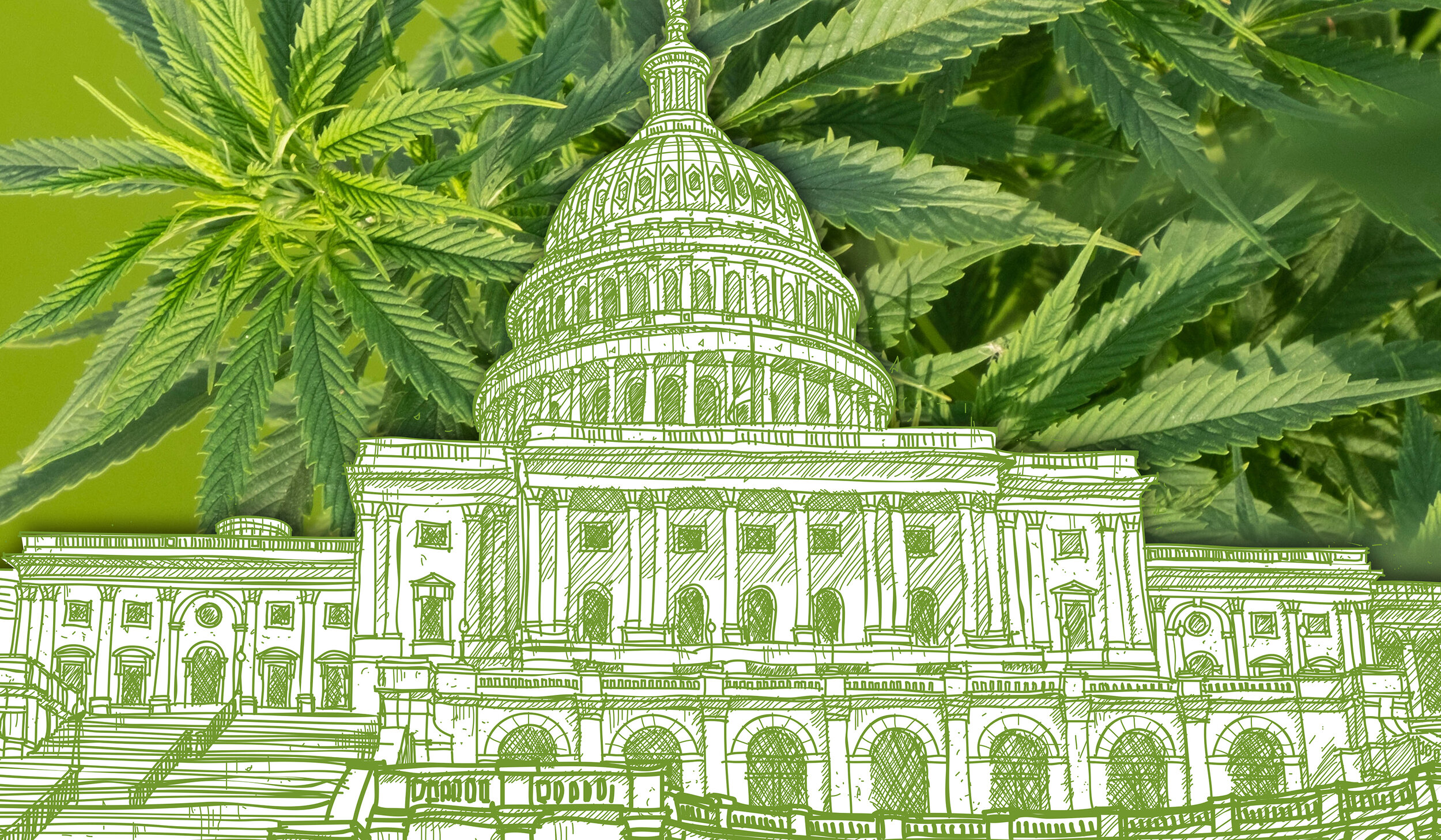Already a subscriber? Make sure to log into your account before viewing this content. You can access your account by hitting the “login” button on the top right corner. Still unable to see the content after signing in? Make sure your card on file is up-to-date.
A key Republican lawmaker is demanding the removal of a proposed ban on intoxicating hemp-derived products from a government funding bill that would reopen the federal government.
Getting into it: Senator Rand Paul of Kentucky is fighting back against language in the bill that would essentially outlaw popular hemp products like Delta-8 THC, which are currently sold in gas stations, vape shops, and online. The bill would redefine legal hemp to strictly limit how much THC a product can contain (no more than 0.4 milligrams of total THC per container) and ban any synthetic or lab-made cannabinoids, meaning only naturally occurring compounds from the hemp plant would be allowed. That would effectively shut down most of the current hemp THC market, which operates in a legal gray area due to a loophole in the 2018 Farm Bill.

Senator Paul says this goes too far and would “destroy an entire industry.” He’s demanding a vote on his amendment to remove the hemp ban from the bill, saying it unfairly targets Kentucky farmers and hemp processors. “I’m not looking to hold things up,” Paul told reporters, “but people need to know someone is fighting for this industry.” He blames fellow Kentuckian Senator Mitch McConnell (who originally supported hemp legalization in 2018 but now supports tighter restrictions) for quietly inserting the ban into the bill.
This comes as the hemp industry is sounding the alarm, calling the proposed changes “devastating.” The US Hemp Roundtable estimates the ban could wipe out 95% of the market, cost 300,000 jobs, and eliminate $1.5 billion in state tax revenue.
Supporters of the hemp restrictions argue that the changes are necessary to protect public health and close dangerous loopholes that have allowed unregulated, intoxicating hemp-derived THC products (like Delta-8 and Delta-10) to flood the market. They point to growing reports of adverse health effects, especially in children, including hospitalizations linked to mislabeled or high-potency products.







